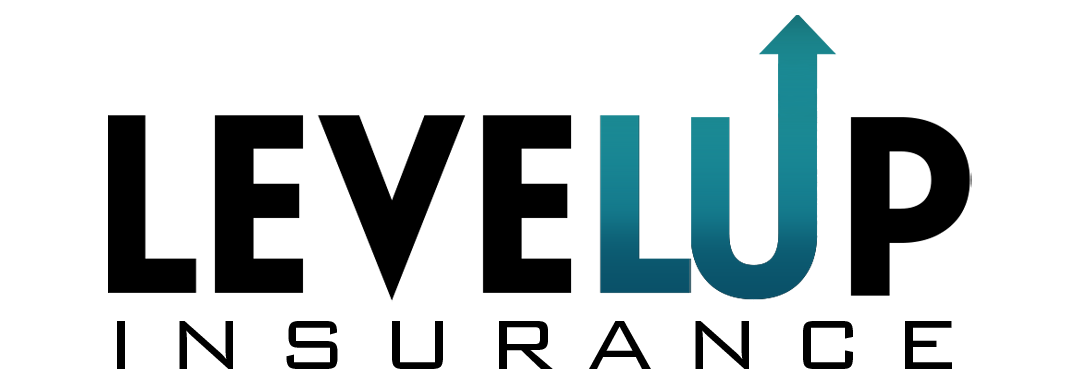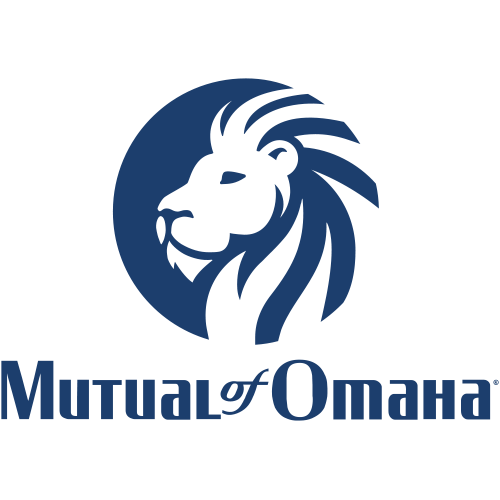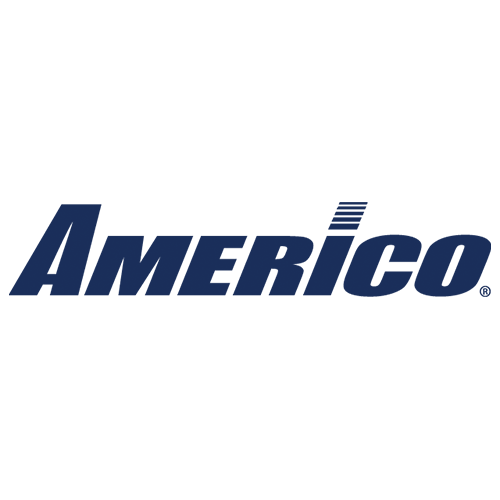LIFE INSURANCE
We have established partnerships with leading carriers and leverage our extensive industry experience to secure the most advantageous deals for you.
Select the plan that suits your needs
Term life insurance
-
Term life insurance is a type of life insurance policy that provides coverage for a specified period of time, typically ranging from 1 to 30 years. It is designed to provide a death benefit to the policyholder's beneficiaries in the event of their untimely death during the term of the policy. Unlike permanent life insurance, such as whole or universal life insurance, term life insurance does not accumulate cash value and is generally considered to be the most affordable type of life insurance. Policyholders pay regular premiums throughout the term of the policy, and if they pass away during that time, their beneficiaries receive a lump-sum payment known as the death benefit. If the policyholder outlives the term of the policy, coverage typically ends unless the policy is renewed or converted to a permanent life insurance policy. Term life insurance is often recommended for people who need life insurance coverage for a specific period of time, such as while they are raising a family, paying off a mortgage, or starting a business. It is important to note that while term life insurance can provide valuable protection for a relatively low cost, it may not be the best option for everyone and it is important to consider all of your life insurance needs and options before making a decision.
-
Whole life insurance
-
Whole life insurance is a type of permanent life insurance that provides coverage for the entire lifetime of the policyholder. It offers a death benefit to the beneficiaries of the policyholder, as well as a savings component that accumulates cash value over time. The premiums for whole life insurance are typically higher than those for term life insurance because a portion of each premium payment is invested by the insurance company to build the policy's cash value. This cash value can be borrowed against or used to pay future premiums or to purchase additional coverage. Whole life insurance policies also typically offer a guaranteed minimum interest rate on the cash value component, which can provide a stable source of income in retirement. Another advantage of whole life insurance is that the death benefit is typically tax-free for the beneficiaries. Whole life insurance is often recommended for people who want lifelong coverage and the added benefit of a cash value component, which can be used as a source of savings or investment. However, it's important to note that the higher premiums of whole life insurance may not be affordable for everyone, and it's important to consider all of your life insurance needs and options before making a decision.
-
Universal life insurance
-
Universal life insurance is a type of permanent life insurance that provides a death benefit to the policyholder's beneficiaries while also offering flexibility in premium payments and death benefits. It is similar to whole life insurance in that it accumulates cash value over time, but unlike whole life insurance, universal life insurance allows the policyholder to adjust the amount of the death benefit and the premium payments. Universal life insurance policies have two components: a death benefit component, which provides the coverage for the beneficiaries, and a cash value component, which accumulates over time. Policyholders can choose to pay more or less than the required premium payment, and any excess payment goes toward the cash value component of the policy. The policyholder can also choose to decrease or increase the death benefit over time, depending on their changing needs. The cash value component of a universal life insurance policy can be used to pay premiums, take out loans, or to increase the death benefit. The interest rate on the cash value component is typically tied to market conditions and is not guaranteed. Universal life insurance policies are often recommended for people who want the flexibility to adjust their coverage and premiums over time, while also accumulating cash value. However, it's important to note that the variability of the interest rates on the cash value component can make it difficult to predict future policy performance, and policyholders should carefully consider their options and consult with a financial advisor before making a decision.
-
INDEX UNIVERSAL LIFE INSURANCE
-
Index Universal Life Insurance (IUL) is a type of permanent life insurance policy that combines the benefits of life insurance coverage with the potential for cash value growth based on the performance of a stock market index, such as the S&P 500.
IUL policies offer policyholders the ability to allocate their premium payments into either a fixed account or an index account. The fixed account offers a guaranteed minimum interest rate, while the index account allows policyholders to earn interest based on the performance of the underlying index, subject to a cap or a participation rate.
One of the main advantages of IUL policies is their potential for cash value growth. If the underlying index performs well, policyholders can see significant returns on their investment, while still maintaining the protection of a life insurance policy. Additionally, IUL policies offer flexibility in premium payments, with the ability to adjust the amount and timing of payments, as well as the death benefit amount.
However, it's important to note that IUL policies come with certain risks and limitations. The performance of the index is not guaranteed and can be subject to market fluctuations, which can impact the amount of cash value growth. Additionally, fees and charges associated with IUL policies can be higher than other types of life insurance policies, which can eat into the potential returns.
It's important for individuals considering an IUL policy to carefully review the terms and conditions of the policy and work with a knowledgeable insurance professional to determine if it's the right fit for their financial goals and needs.
-
INFINITE BANKING
-
Infinite banking life insurance, also known as Bank On Yourself or the Infinite Banking Concept, is a financial strategy that uses specially designed whole life insurance policies as a tool to create a personal banking system.
The concept involves using a permanent life insurance policy, typically a whole life insurance policy, as a savings vehicle, where the policyholder pays premiums into the policy and builds up a cash value over time. The cash value can be used as collateral for a policy loan, which can be used to finance personal or business expenses. The policyholder then pays back the loan with interest, effectively repaying the loan to themselves and increasing the cash value of the policy.
The key advantage of infinite banking is that it allows policyholders to build up a significant amount of cash value over time, which they can use to finance future purchases, investments, or retirement income. Because policy loans are not taxed as income and do not have to be repaid on a set schedule, they can offer more flexibility than traditional loans.
Infinite banking has gained popularity among those looking for an alternative to traditional banking and investing strategies. However, it is important to note that whole life insurance policies can be more expensive than term life insurance policies, and policyholders should carefully consider the fees and charges associated with these policies before committing to the strategy. Additionally, the cash value growth of the policy may not be guaranteed and can fluctuate depending on a variety of factors, including the performance of the insurance company's investment portfolio.
-
Unsure about your coverage needs?
Our experts in life insurance can assist you in determining the coverage amount needed to safeguard your family.
Contact us.
Info@levelupinsurancegroup.com
(954) 669-2236
1695 NW 110th Ave Suite 224
Doral, FL 33172










